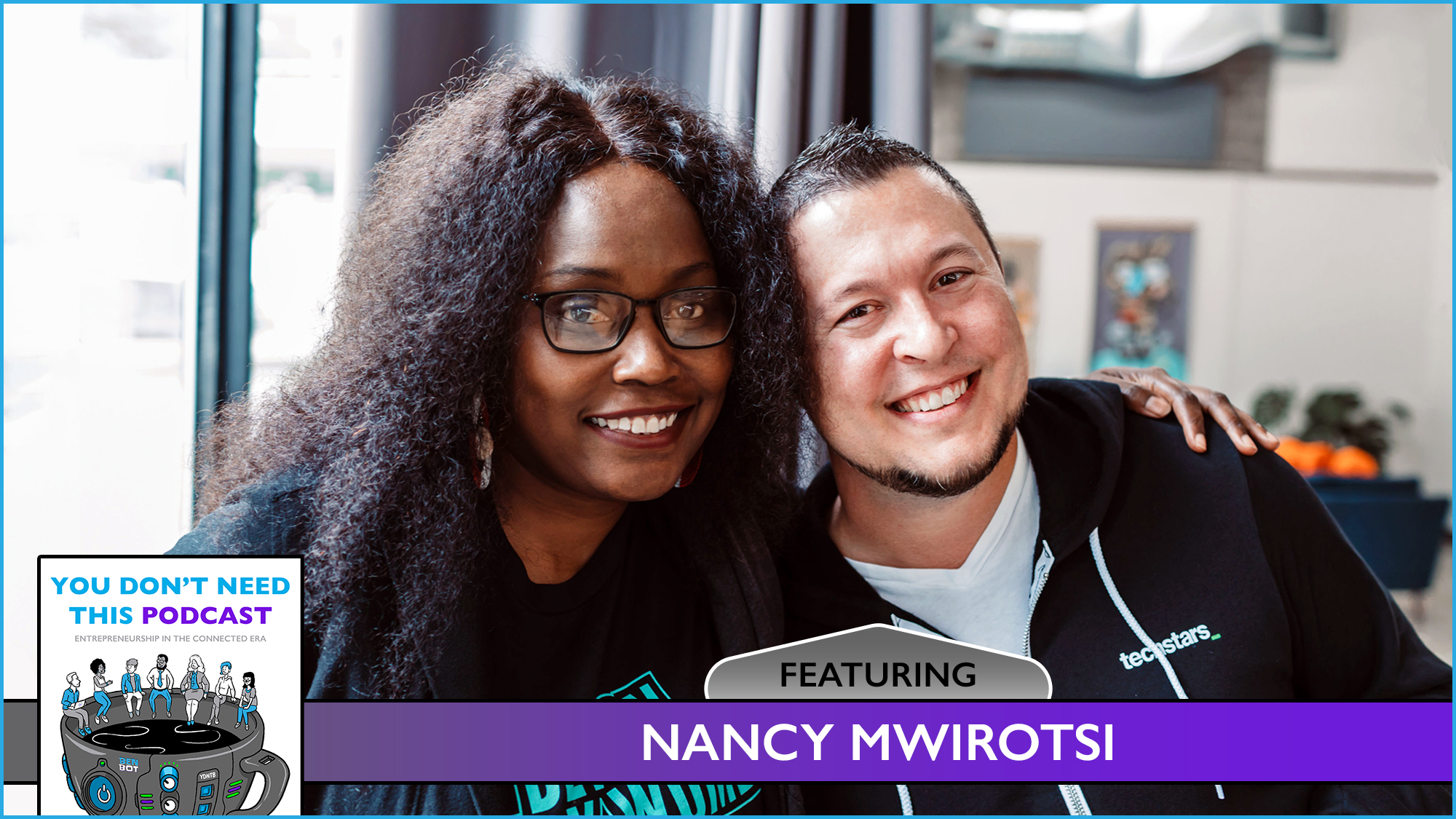Outrage is a waste of time.
Anger is instinctive and there’s purpose in standing up for what you believe, but little is accomplished when we combine the two. Lashing out rarely makes us feel better, so why is such fury so common?
The winds of outrage get stronger as isolation increases. We live in a connected, but lonely time. Anything is a click away, but a thoughtful conversation (especially amongst strangers) is increasingly rare. As we age, more time is spent alone, which further reduces diversity of thought. This social isolation causes a neural chemical (Tac2/NkB) to be overproduced in the brain, which increases fear and aggression. The mental instability swings us away from center. Instead of curiosity, empathy, and patience, a hardened state feels like the only way to be heard.
Extra Shot
Humans unite against things we don’t like much faster and louder, than rallying around those we do.
Without an intrinsic appreciation for the complexity of constant change, simplification is natural. This polarizes any position. When the answer must be yes or no, there’s no room for maybe. If one’s identity is defined by such polarization, it’s innate to assume that a threat must be met with force. When politicians get loud, does it strengthen their position? No. It looks desperate and detracts from a respectful debate. Increasing the volume may attract attention, but more of the same only deepens close mindedness. When tribal truths becomes personalized, the fuse that ignites outrage is shortened.
How then, can we calm, perhaps even
harness the winds of outrage?
Imagine the serenity of a sailboat. Next time it’s windy, let your mainsail catch the wind to move forward. Stay connected to the centering mast by leaning into your understanding, but invite pure wonder by allowing the jib to wave in appreciation for the intensity that comes with outrage. It can feel like strengthening the storm, but a thoughtful question can reduce tension. Our goodwill of active listening creates space for outrageous energy to dissolve. Even when there is little to agree on, as people feel heard they are more willing to listen and when storms blow over, common ground can be found.



